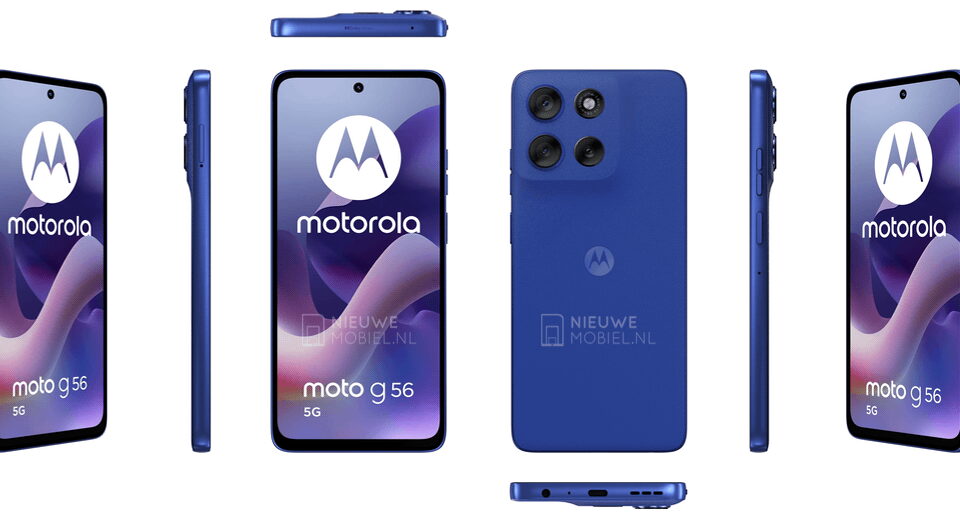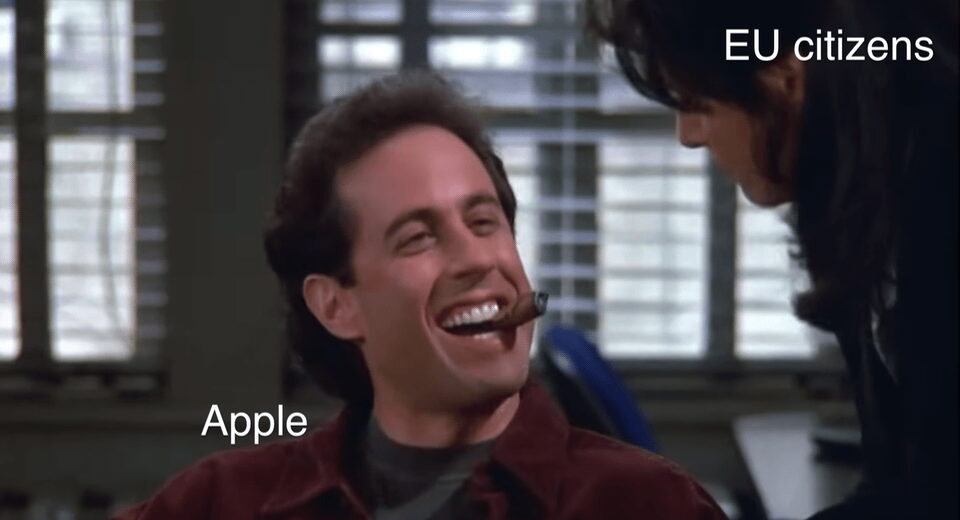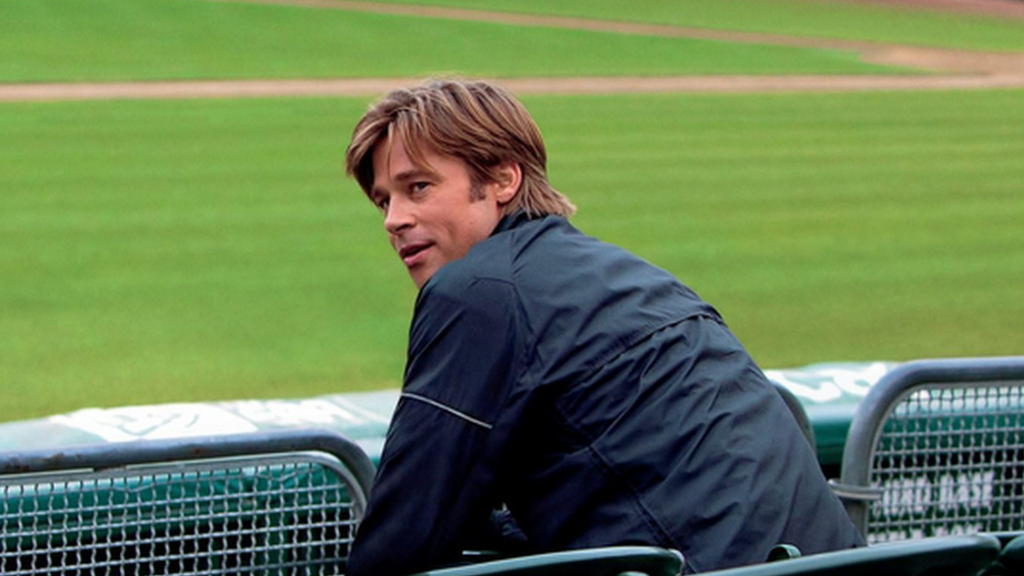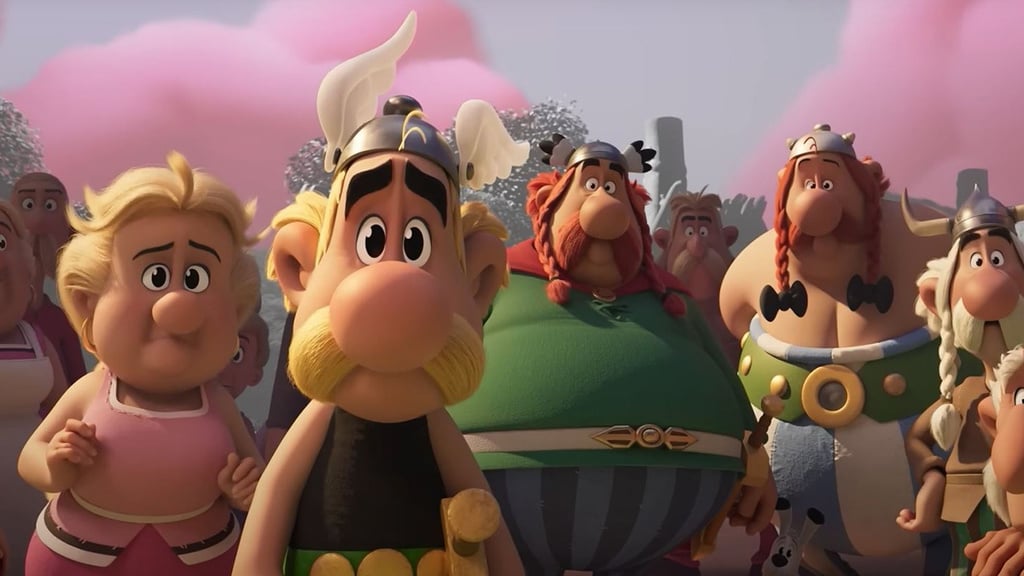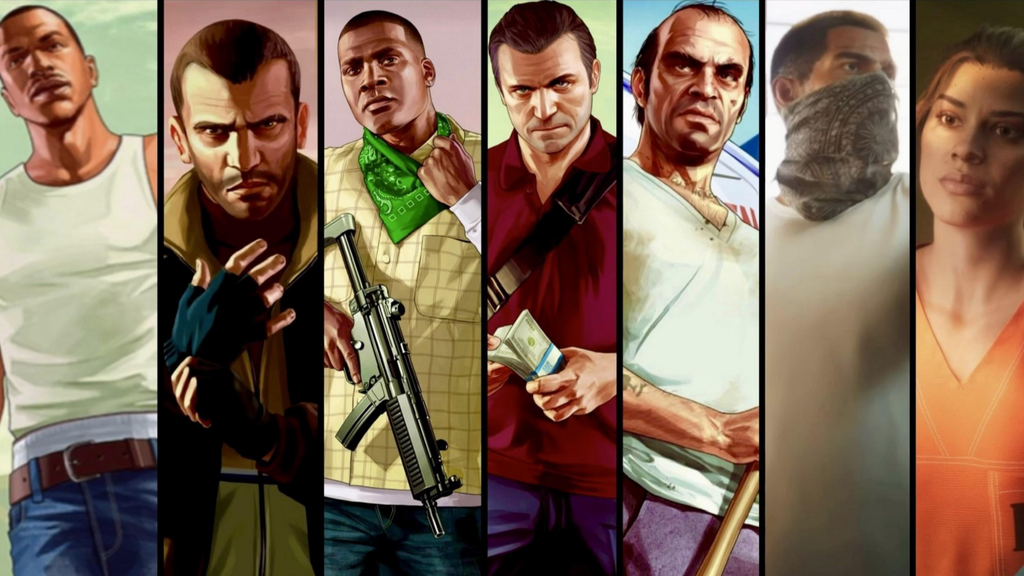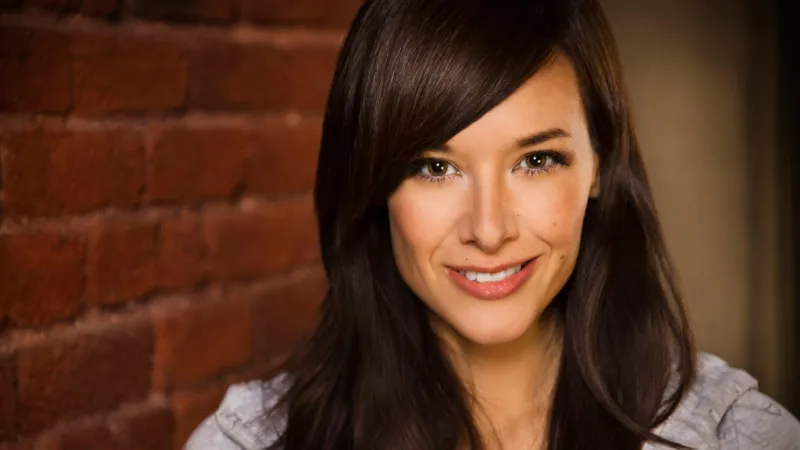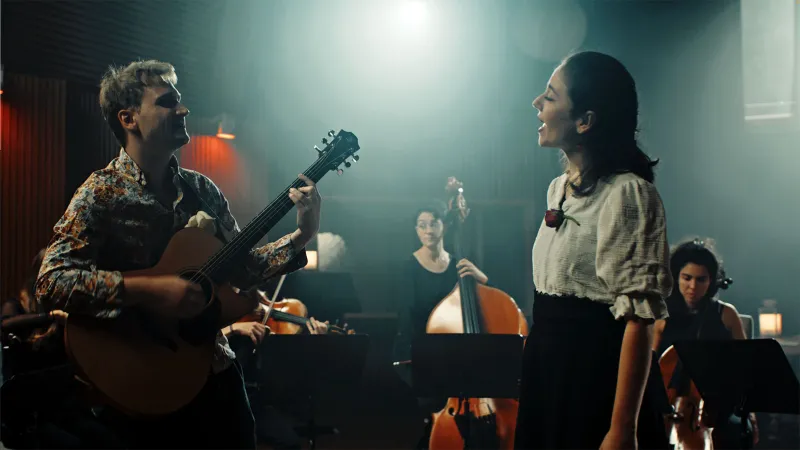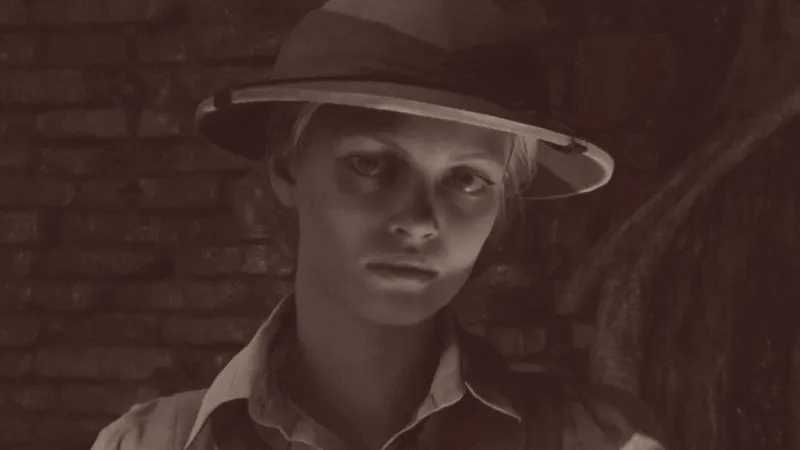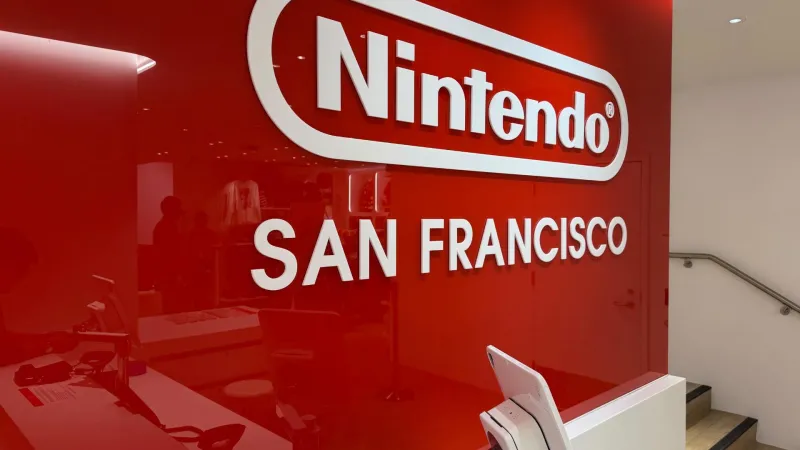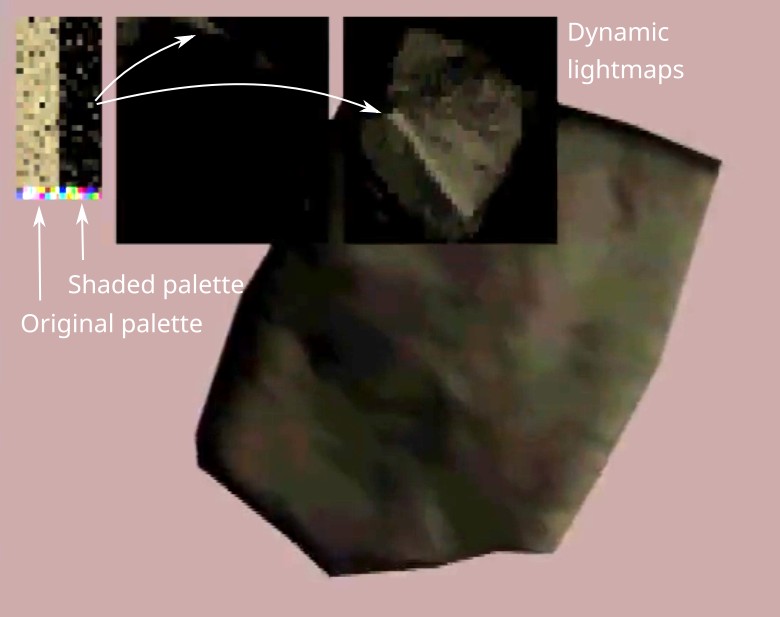If nothing is curated, how do we find things

If nothing is curated, how do we find things?
Bjork is currently promoting a new concert film being released called Cornucopia. She's been releasing new photoshoots and interviews almost every day for the past two weeks. For a musician who normally goes into hiding and only emerges when it's time to promote something, it's been a pretty exciting time to be a fan. However, all the information being put out, promoted on social media and reposted on places like Reddit, have all been a little confusing.
I saw a post from someone on Reddit asking to "explain to me like I'm five" what exactly is being released and what is it. Someone did reply to them with information, but the comment thread turned into a short argument as another commenter disagreed that the film would have a documentary attached to it. "Where did you get that info from?" a commenter asked. "I think I saw it somewhere in another interview that I translated into English," they replied, "but I might have gotten that wrong."
While reading this I thought, "It's times like these where an old-fashioned website would come in handy." Because, quite frankly, it would.1 As convenient as social media is, it scatters the information like bread being fed to ducks. You then have to hunt around for the info or hope the magical algorithm gods read your mind and guide the information to you.
I always felt like social media creates an illusion of convenience. Think of how much time it takes to stay on top of things. To stay on top of music or film. Think of how much time it takes these days, how much hunting you have to do. Although technology has made information vast and reachable, it's also turned the entire internet into a sludge pile. And now, instead of relying on professional curators to sort through things for us, now we have to do the sorting.
Think of the old days. When I was a kid, I lived in a podunk, suburban town in the middle of nowhere. It wasn't a major city or even a major state, but I was able to quite easily stay on top of everything pop culture related, even things that weren't mainstream or even super popular in my country.
I discovered interesting music like Aphex Twin, Squarepusher, Portishead, Tricky, Orbital, Takako Minekawa, Hooverphonic, Poe, Veruca Salt all from sporadically listening to one college radio station in my hometown and, once a week, watching one music program on MTV (usually 120 Minutes or AMP). Then, once a month, I would sometimes flip through a music magazine while at the hair salon (usually Rolling Stone or Spin). And that was literally it.
Same with movies. Once a week I would watch Ebert and Roeper, who would discuss and review all the releases of that week, including indie and foreign ones. I would also sometimes flip through film magazines or randomly stumble across something cool being aired on the IFC channel or Bravo2. That was how I discovered indie films like Welcome to the Dollhouse and Run, Lola, Run. I was a "cool," knowledgeable cultural teen with next to no Internet access.
The rise of social media has killed the art of curation because, these days, things are rarely curated. Criticism is dead (with Fantano3 being the one exception) and Gen Alpha doesn't know how to find music through anything but TikTok. Relying on algorithms puts way too much power in technology's hands. And algorithms can only predict content that you've seen before. It'll never surprise you with something different. It keeps you in a little bubble. Oh, you like shoegaze? Well, that's all the algorithm is going to give you until you intentionally start listening to something else.
It makes art (music, film, tv, etc.) seem like one big sludge pile. It makes it feel vast and exhausting, like an endless list of things that you'll never get to the end of. I've been noticing this sentiment with society, this feeling of always being mentally exhausted. How many times have we had a discussion with a friend who was recommending a show and our response was, "Oh yeah, I'll have to see it, but my list of shows is so long!" The reality is we're not going to watch it because we feel like we have no time to get through everything and we don't fully trust other people's recommendations.
And that's where curation comes in. We need critics who devote their lives to browsing through the pile and telling us what is worth our time and what isn't.
There are still some critics out there (Vulture, Pitchfork), but these sites are dying. They publish dozens of articles a day, trying to get as many clicks and pageviews as possible, adding to the volume of content we view daily. Before, you could reach for a magazine once a month or a watch a show once a week, but now you have to browse Vulture every day and read all 20+ articles they publish, even on the weekends. Who has time to read all that? Who has the time for any of this? Technology is making our lives harder, not easier.
So I guess the next question is, "How do I fix this?" Like most people, I've been pulling back. Less time relying on algorithms to predict what I like and more time just making notes and lists in Obsidian. Any time I stumble across something that looks interesting or something I don't want to forget, I make a note of it so I can retrieve it later.
It's honestly not much of a solution as it still makes "staying on top of things" feel like a job. But I'm struggling to find a better way to wrap up this post. This might just be society's new normal. The ones who prioritize comfort will stay in their algorithmic bubbles, while those who care about broadening their horizons will prioritize finding things on their own. Search long enough and eventually you will find what you're looking for. Eventually.
There actually is a website now, but when I wrote this a month ago there wasn't. Oh well. 🤷♀️↩
Pre-Real Housewives Bravo was a very different channel.↩
Uproxx recently had an interesting convo with him about this exact topic.↩
What's Your Reaction?
 Like
0
Like
0
 Dislike
0
Dislike
0
 Love
0
Love
0
 Funny
0
Funny
0
 Angry
0
Angry
0
 Sad
0
Sad
0
 Wow
0
Wow
0



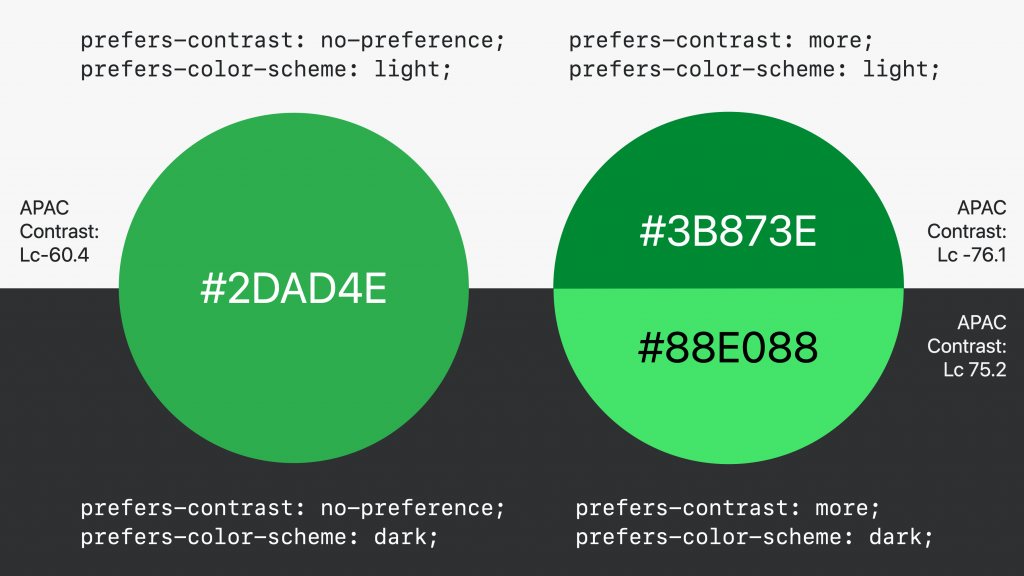

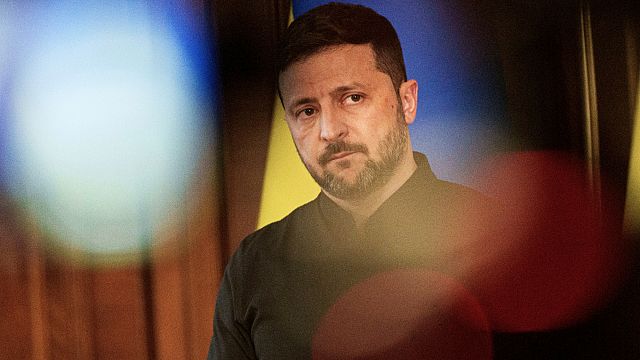

![Africa CEO Forum : énergie, IA, routes… les paris du continent [Business Africa]](http://static.euronews.com/articles/stories/09/27/46/96/640x360_cmsv2_01295edd-3441-5908-8c4e-adb7e75b9f71-9274696.jpg?1746786054#)







